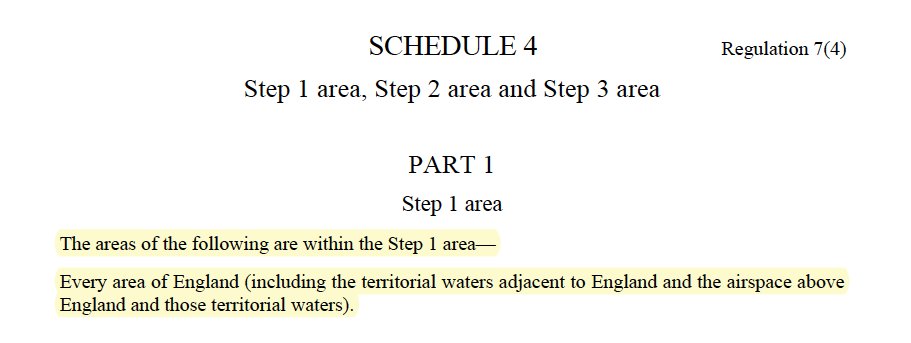
The violence in Bristol is unacceptable.
As I have said repeatedly over recent weeks, the right to *peaceful* protest should be protected and every attempt to diminish it should be opposed - *peacefully*.
As I have said repeatedly over recent weeks, the right to *peaceful* protest should be protected and every attempt to diminish it should be opposed - *peacefully*.
The bill which this protest is supposedly about won’t make a jot of difference to violent protest, which is already unlawful and unprotected by human rights law.
The bill is troubling because it could criminalise a wide range of *peaceful* protests.
The bill is troubling because it could criminalise a wide range of *peaceful* protests.
I appreciate there has been a lot of confusion about what the Police, Crime, Sentencing and Courts Bill is going to do.
Key to understand is police *already* have powers to impose conditions on protests if "necessary to prevent disorder, damage, disruption or intimidation".
Key to understand is police *already* have powers to impose conditions on protests if "necessary to prevent disorder, damage, disruption or intimidation".
The new powers would allow conditions to be imposed if
*noisy enough*
to cause “intimidation or harassment” or “serious unease, alarm or distress” to bystanders."
So more focused on peaceful protests, not violent protests
*noisy enough*
to cause “intimidation or harassment” or “serious unease, alarm or distress” to bystanders."
So more focused on peaceful protests, not violent protests
I discuss this and other implications of the bill in this Sky News interview (Parts 1 to 3 in the thread)
https://twitter.com/AdamWagner1/status/1371739127222308865?s=20
• • •
Missing some Tweet in this thread? You can try to
force a refresh













